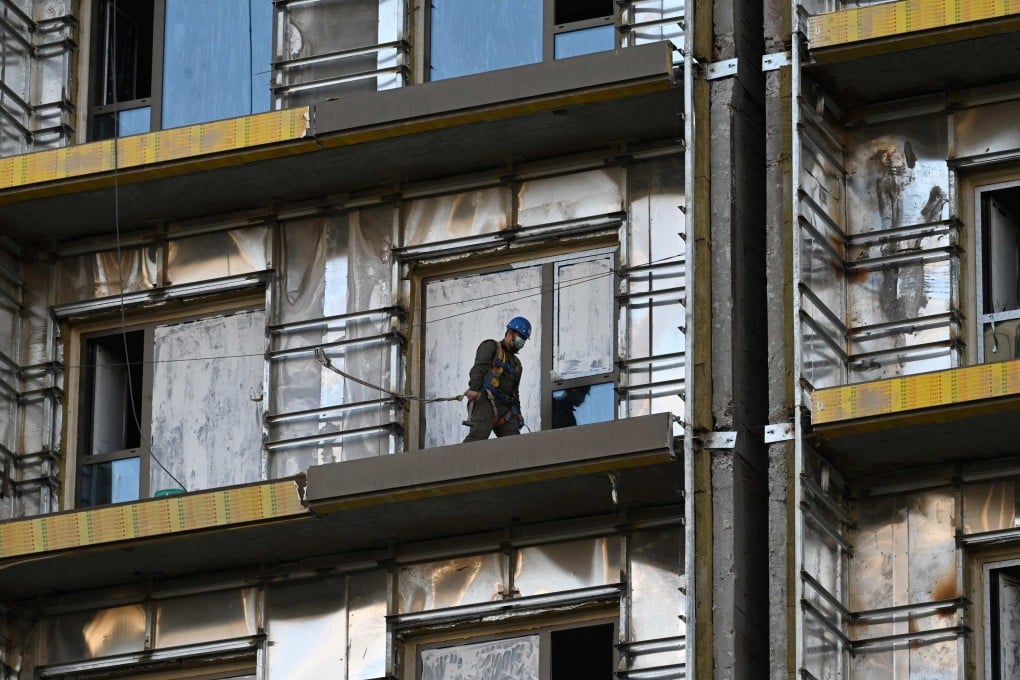Advertisement
Macroscope | China’s property market crackdown: how concerned should investors be?
- While fundamental demand for homes peaked in 2018, real estate investment was buoyed by the wall of money created by the central bank
- The property investment carnival encompassed the central government, local administrations, wealthy households, banks and developers, but the drive towards common prosperity may spell its end
Reading Time:3 minutes
Why you can trust SCMP
2

The recent regulatory changes in China’s property sector – characterised by “red lines” and a forthcoming property tax – suggest that the nature of the market crackdown this time is different from past episodes.
However, an abrupt change of expectation for such a large part of the economy and financial system is risky. Beijing, therefore, has a delicate task on its hands and needs to proceed cautiously.
While deleveraging certainly remains a high priority, with property still a significant contributor to the economy, a large unintended amount of distress and impairment could be damaging to the recovery of any sector as well as long-term economic growth prospects.
Advertisement
As the sector undergoes profound structural changes, investors are rightly concerned about the long-term outlook of the market in light of slowing population growth, already high home ownership and frothy housing prices in some cities.
To assess the validity of these concerns, one needs to examine the two types of demand for property in China: one is for shelter – the so-called fundamental demand, the other – financial demand – is for investment.
Advertisement
Advertisement
Select Voice
Select Speed
1.00x
